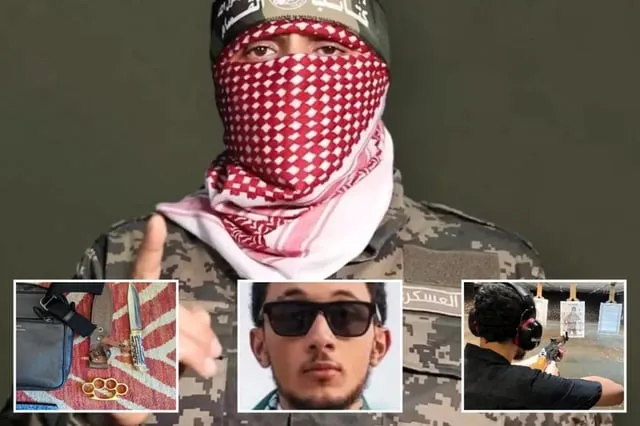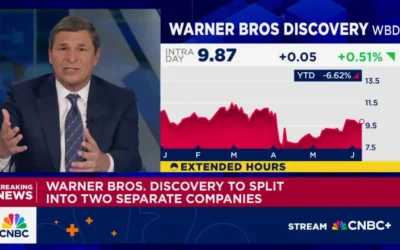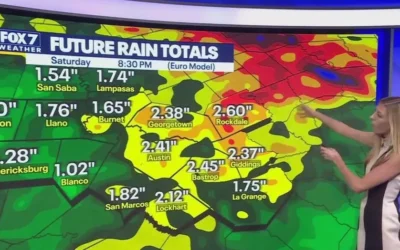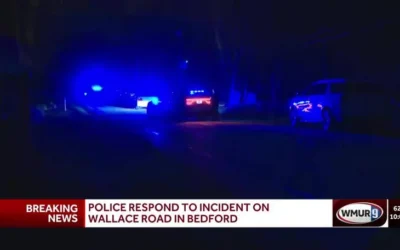Introduction
The recent report from the Department of Justice (DOJ) has sent shockwaves through the academic halls of Columbia University and beyond. A protestor from the institution is suspected to have direct ties to Hamas’ military wing, the al-Qassam Brigades, igniting debates around the morality, legality, and ramifications of activism on college campuses. This development not only raises concerns about safety and national security but also about the nature of democratic protest in the context of international terrorism.
The Allegations
According to the DOJ, a current Columbia student allegedly participated in protests that served as a platform for extremist ideologies, purportedly with links to Hamas. The claims allege that during these protests, certain slogans and actions were reflective of the al-Qassam Brigades’ messaging. The student’s alleged involvement has drawn scrutiny and sparked outrage among students and faculty who question the validity of the allegations and the role that educational institutions play in the promotion of free speech versus hate speech.
Context of the Protest
The protests in question primarily centered around the Israel-Hamas conflict, a polarizing topic that has seen universities become battlegrounds for differing ideologies. Activists and protestors at Columbia have vocally supported Palestinian rights, a stance that some argue has resulted in the inadvertent promotion of terrorist groups like Hamas. Critics assert that certain factions within the movement blur the line between legitimate advocacy and support for violence.
Responses from Columbia University
Columbia University has responded to the controversy with a statement emphasizing the institution’s commitment to fostering a diversity of viewpoints. University officials distanced themselves from the actions of individual students, reiterating that while they support the right to protest, they do not condone any connections to terrorist organizations. The administration’s position underscores the delicate balancing act universities must navigate when dealing with sensitive political issues.
Student Reactions
Inside Columbia’s walls, students have expressed mixed feelings regarding the allegations. Some stand in solidarity with the accused, arguing that the DOJ’s claims reflect an unjust targeting of activists simply for speaking their minds. Others, however, feel that any association with groups like Hamas should draw severe consequences, advocating for a thorough investigation into the matter.
The Role of Communication
The DOJ report mentions that Hamas captors showcased a report during hostage negotiations indicating that they viewed Columbia protestors as “our own people.” Such statements naturally fuel the fire of concern among those worried about the potential consequences of radicalization on U.S. college campuses. The notion that a militant organization recognizes grassroots activists as collaborators suggests a complicated relationship that transcends geographical boundaries.
Critical Voices from the Community
Across the nation, notable figures from both sides of the political spectrum have weighed in. Some urging extreme caution with respect to extremist narratives potentially influencing student actions, while others highlight the importance of protecting the freedom to protest. This presents a crucial moment in the discourse around where activism transitions into dangerous territory.
Legal Implications
The implications of the DOJ’s findings could lead to legal repercussions, not only for the individual involved but potentially for the university as a whole. If the allegations are substantiated, the university could face scrutiny regarding its policies around free speech and the responsibilities it has in safeguarding against extremist ideologies among its student body.
Wider Implications for Higher Education
This incident serves as a poignant reminder of how international affairs can bleed into American campuses. It raises important questions about how universities should handle political activism that may become entwined with extremist political movements. There is a pressing need for an open dialogue on the potential radicalization of students and the responsibilities institutions hold in monitoring such activities.
Balancing Free Speech and National Security
One of the most complex issues surrounding these allegations is the interplay between free speech and national security. The First Amendment guarantees the right to protest, yet when that activism intersects with terrorist entities like Hamas, can institutions continue to provide a platform for such voices? Many academics argue that the solution lies in promoting critical thinking and ensuring that all forms of advocacy are rooted in respect for human rights.
The Path Forward
As this story continues to unfold, the broader implications for both activism and education in America are undeniable. Educators, students, and community leaders are called upon to engage in meaningful discussions that might prevent the further escalation of violent rhetoric on campuses while still upholding the principles of free speech. Fostering safe environments for dialogue is crucial in a time where misinformation and extremist ideologies are prevalent.
Conclusion
The situation surrounding the Columbia protestor induced by allegations of ties with Hamas’ al-Qassam Brigades emphasizes a seismic shift in how activism is perceived in relation to global issues of terrorism and violence. As universities navigate the treacherous waters of political expression and potential radicalization, it is essential for all stakeholders to work together to foster environments that respect both free speech and the foundational principles of peace and understanding that higher education seeks to cultivate. The outcome of these events may very well shape the future of protest culture on campuses across the United States.







